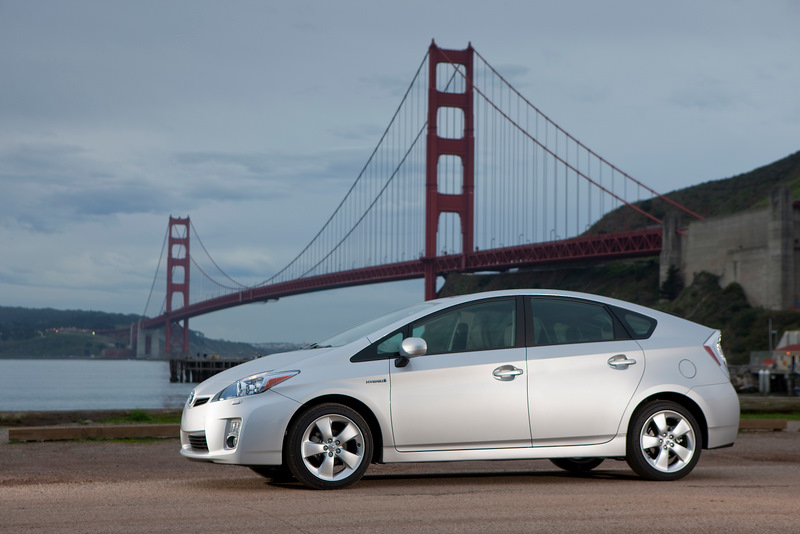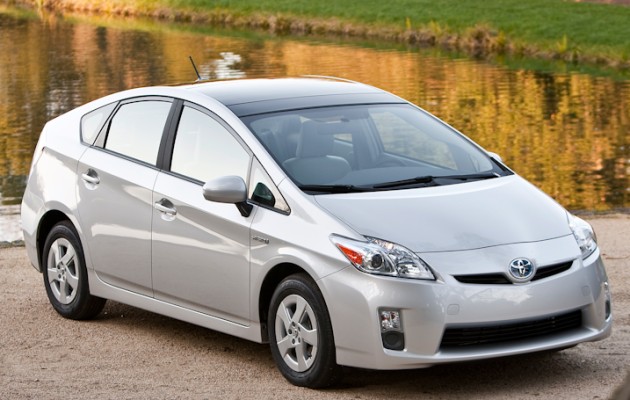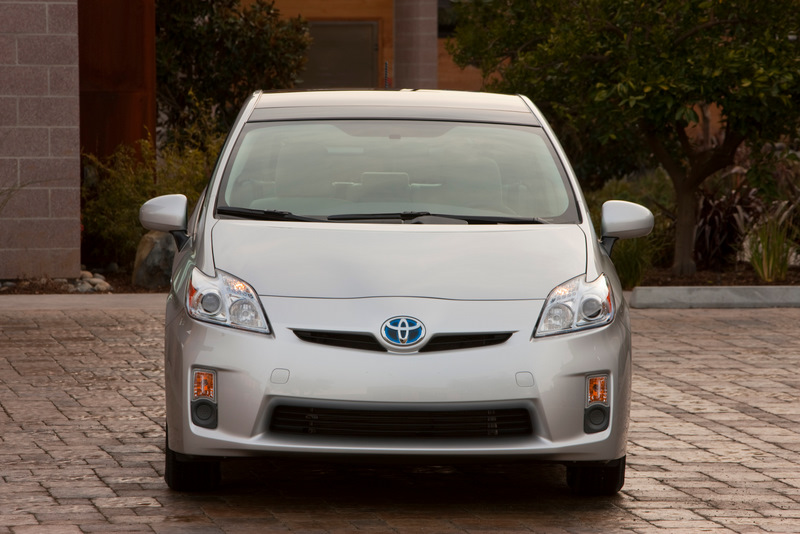On the surface, buying a "green car" often doesn't make sense.
Or rather, it doesn't make dollars and cents: The extra cost of the necessary technology--whether it's a hybrid, a clean diesel, or a plug-in electric car--is often never recouped in fuel savings.
So why do people do it? Turns out it's all about image.

2010 Toyota Prius

The 2010 Toyota Prius

2010 toyota prius first drive 002

2010 Toyota Prius
Green-car buyers want to show the world what kind of people they are. PsyBlog describes a University of Minnesota study that showed the prime motivator for Toyota Prius hybrid buyers was that it "makes a statement about me."
For these buyers, the environmental benefits of the Prius were only fifth in the list of reasons to buy.
The study itself looks at "activating status motives" and discusses the "predicted reputational benefits of self-sacrifice" in public forums.
Translation: The kinds of people who buy Toyota Prius hybrids in the U.S. may indulge themselves in private, where no one else will see them, but want to be seen in public with less luxurious, greener products to bolster their reputation.
The British author of PsyBlog also tosses in various disparaging remarks about the Prius, which in his market is pricey and not as comparatively fuel efficient as other, smaller cars. (He also apparently doesn't like its looks, its performance, or its upholstery.)
Whatever the buyers' motivations, there's no denying the success of the Prius. Now in its third generation, it is coming up on a total of 2 million sold since 1997, and it's the quintessential image of a hybrid car--for better or for worse.
Even better for Toyota, it's purchased instead of far more luxurious cars, which brings a whole new set of customers who might not even consider the brand's dull but economical and reliable Camry and Corolla sedans.
On average, Prius buyers earn more than $100,000, so they could afford something pricier. But they want the image the Prius cultivates--technically advanced, thrifty, green--rather than the amenities of a more conventional luxury brand.
None of this should come as a surprise. People used to buy HUMMERs for exactly the same reason: Their vehicles served as rolling representations of their beliefs.
Last fall, Wired wrote about a small survey of 20 "U.S.-born and raised" HUMMER owners, whose feelings of being under moral siege were only reinforced by criticism of HUMMERs as anti-social and eco-hostile. In their minds, they became the "moral protagonist who defends American national ideals."
In the end, we think Ford's chief designer, J Mays, got it right. He said:
If you go into a person’s house and look at his surroundings, you’ll see exactly who he is. If you look at the same person in his car, you’ll see who he wants to be.
[PsyBlog]













